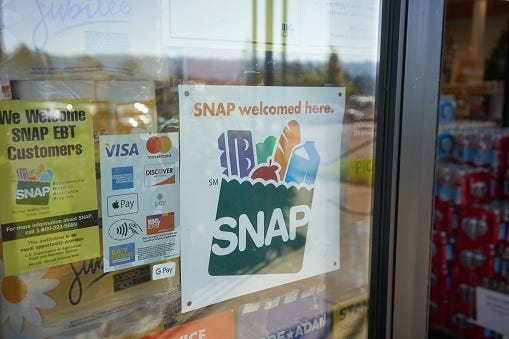
The bonding bill passed by congress this summer raises the age for work requirements, a move that could force seniors to prove they are working at least 80 hours a month to receive benefits.
This was a key point of discussion during a meeting between The Minnesota Senate and emergency food leaders, where Senator Erin Maye Quade pressed Second Harvest Heartland's Robin Manthie for more details.
Manthie clarified that previously Minnesotans 54 and older didn't need to prove they were working, now residents under 65 need to show proof of work or prove they are unable to work.
In 2027 federal funding cuts will shift $125 million dollars in food assistance costs to Minnesota, leaving local counties to foot the bill.
Prism in Golden Valley is just one nonprofit asking the Minnesota Senate to consider a plan for how to cover these costs so Minnesotan's don't go hungry.
Executive Director Michelle Ness.
"If we want food shelves to adequately respond to increasing demand," says Ness, " the state will need to continue to provide additional funding to non profit's who deliver these critical services."
Ness says Minnesota lawmakers must act in the upcoming 2026 session to address federal funding changes that could threaten the budget and food assistance for thousands of residents.
